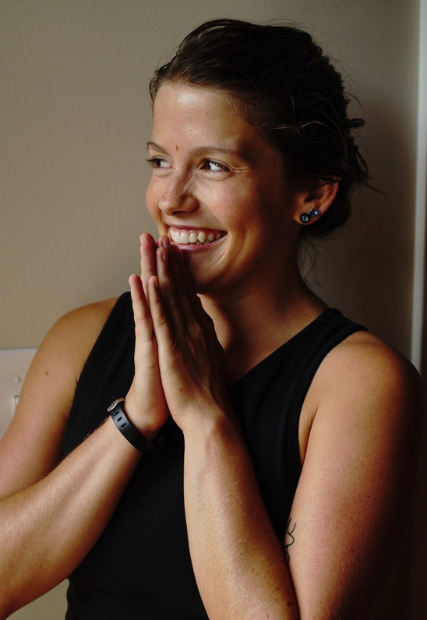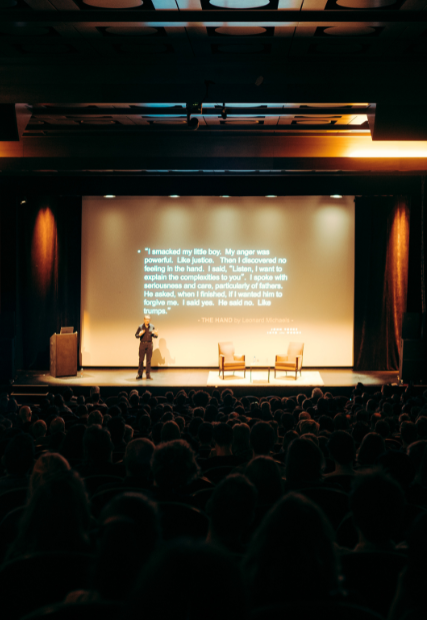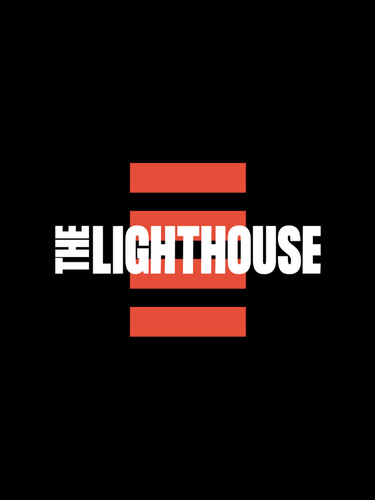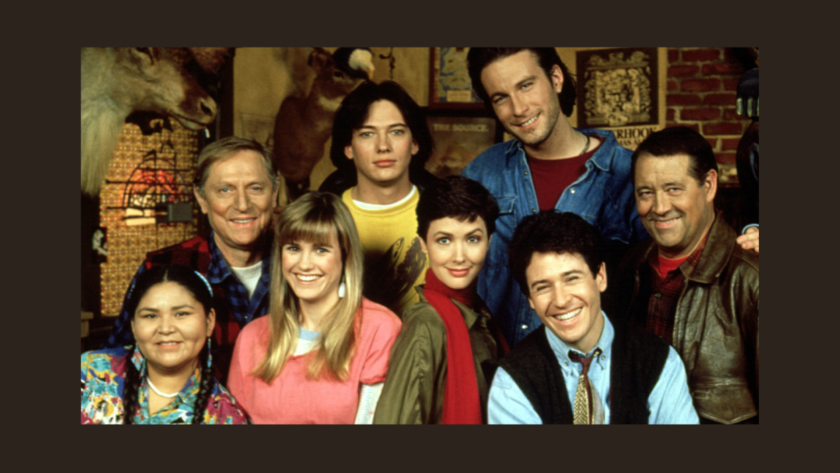Learn the story-shaping skills you need to thrive in the HETV drama arena.
- Location: Online
- Duration: 7 weeks
- Skill level: Intermediate
- Sessions: 6
This professional development course trains you to identify issues with scripts, solve key story problems, and craft polite, constructive and positive notes for writers.
Explore ways to tackle issues with tone, focus, streamlining and storylining, while honing characterisation and agency. Then apply what you’ve learned to fix story problems using live scripts.
This practical training is designed in mind for aspiring script editors and those already working in the industry who’d like to gain a more specific narrative vocabulary for communicating with writers, or to develop more ambitious stories.
Study with a small group and an expert tutor. You’ll emerge with increased confidence in judging story ideas, distilling a story to its essence, working with writers and the wider team, and crafting stories that resonate with audiences worldwide.
CPD certified
Our professional skills training has been independently accredited for integrity and quality. All learners receive certificates of completion detailing CPD learning hours.
ScreenSkills bursaries
You may be eligible for a ScreenSkills training bursary for this course.













